Martin Fry on The Lexicon of Love
ABC frontman talks to SDE
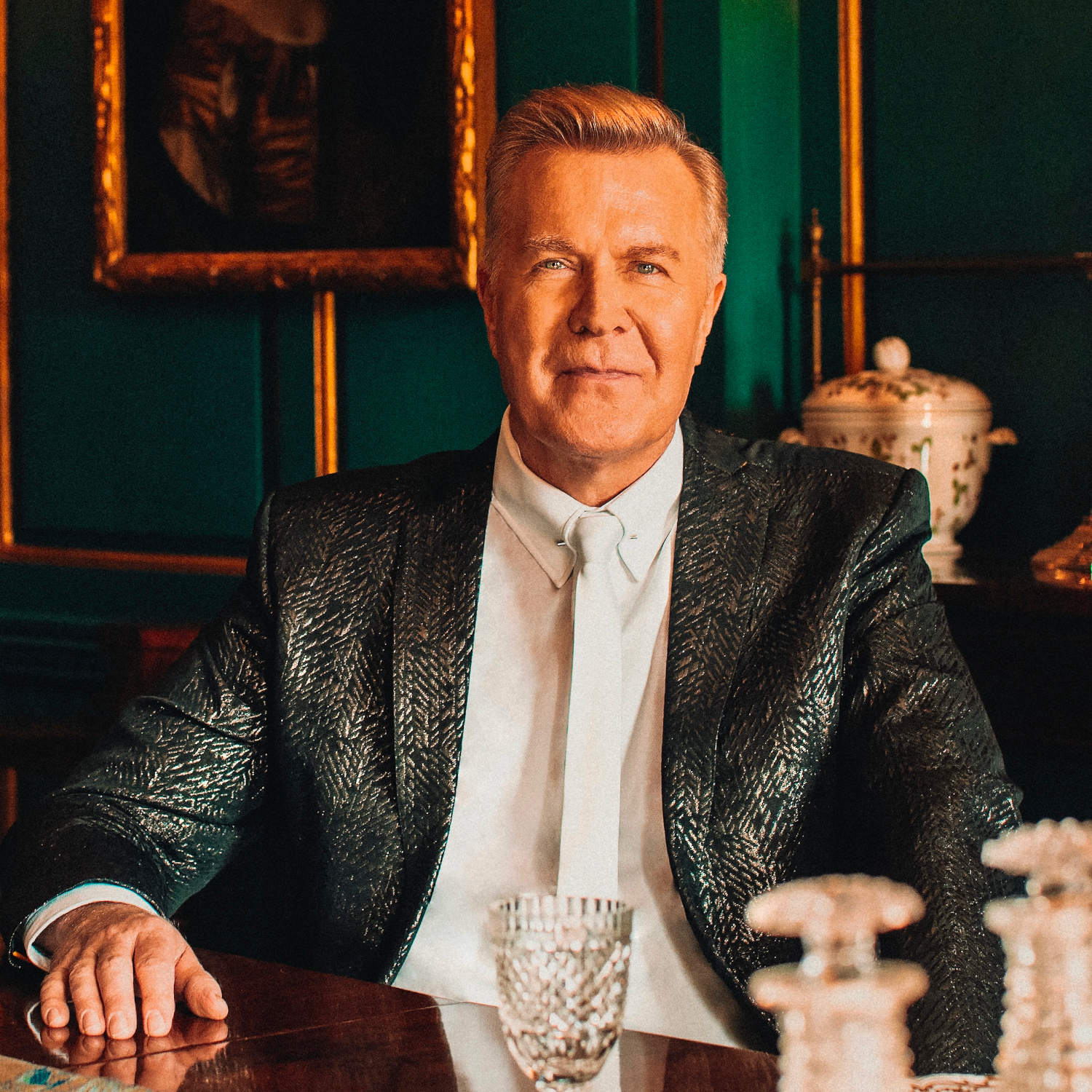
The Lexicon of Love is the defining album for ABC and the band’s frontman Martin Fry. The album went to number one for four weeks in July 1982 (replacing Roxy Music’s Avalon) and the British public, in particular, have held a place in their heart for the long-player which features classic singles such as ‘The Look of Love’ and ‘Poison Arrow’.
40 years on from the November 1982 gig at Hammersmith Odeon, ABC continue to perform the album in its entirety, often with the backing of a full orchestra, normally the Southbank Sinfonia, conducted by Anne Dudley (who played keyboards and arranged the strings on the original Trevor Horn-produced studio album).
June 2022’s performance of the album Live at Sheffield City Hall has recently been issued on coloured vinyl and CD and the band have just announced a headline tour for February 2024 which will see them hit the road in the UK once more with Dudley and the orchestra!
On top of all this, next month the studio album is reissued for its (belated) 40th anniversary and there’s a new Dolby Atmos Mix of The Lexicon of Love to enjoy (available on an SDE-exclusive blu-ray audio) thanks to the remixing skills of Steven Wilson.
SDE caught up with Martin Fry recently to discuss the album…
SDE: What do you put the enduring appeal of The Lexicon of Love down to?
Martin Fry: I always say, everybody’s had a broken heart, but that’s just being facetious, really [laughs]. I don’t know. I really am pleasantly surprised.
When you were recording it with Trevor Horn in the studio, did you know you had something special?
Yes. We felt we’d stumbled across something. We felt good. The whole sessions were really positive and upbeat; a lot of fun, a lot of humour there. Each day, I’d go into Sarm East [the recording studio] right at the end of Brick Lane [in East London] and I’d often pop around the corner to Whitechapel Gallery for a sandwich! We’d had a hit with ‘Tears Are Not Enough’ with [producer] Steve Brown, and that got us into the top 20. And we’d approached Trevor, and started recording ‘Poison Arrow’. And that was a hit, that was a top five hit. But whilst we were promoting that, we were also making the album. It was a new experience for one and all because while he’d recorded a few tracks for Dollar, it was the first time he’d produced a whole album for a band. But we were on a positive roll. If you’d asked me then, would that music last more than 15 minutes? No, no way. I had a 10-year period of doing Top of the Pops and being a recording artist, and after that, it was kind of winding down. And, you know, in the 90s, there was Oasis, I’d go and see The Prodigy, and there’s Pulp, and Suede, and I’m thinking, ABC, you know, we don’t fit into this world. Do you know what I mean? We’re a different generation.
That was a common theme, I think, for bands that had enjoyed a fair degree of success in the 80s. The 90s, for many, became kind of like a wilderness period.
We should have developed… I’d love to be able to develop. We made an album called Abracadabra, which about 12 people bought, but it was the kind of early Massive Attack sort of approach to making music with different singers. You know, if we were to go forwards, that’s what we would have mutated into, a production team, but it wasn’t to be. But at the start, we’d go around Sheffield telling everyone that ABC were going to be incredible. You know, that’s a big part of being in a band, getting drunk, talking bullshit and bigging yourself up. Liam Gallagher did it brilliantly. You got to realise that Oasis were going to be massive before they were massive.
Trevor Horn is very complimentary about your lyrics, on The Lexicon of Love.
Is he? I’ve never read his book. I’m a bit scared to read it!
There’s nothing bad in there! Where did your lyric-writing skills come from?
I’ve always love lyrics, always… from Motown through to Bowie, Bolan. “I drive a Rolls Royce because it’s good for my voice”, what a lyric that is from Bolan, and “But you won’t fool the children of the revolution”. He kind of knew he was cheeky, and heading down a cul-de-sac with that approach. You knew punk rock was gonna happen, but yeah, I’ve always loved [great] lyrics. I like banal stuff, that’s really deep, if you know what I mean? Trevor is a pretty good lyricist himself, by the way. I saw him about 12 months ago; we were on a cruise ship with about 5,000 crazy ’80s music fans and he was playing with Dire Straits! He always liked JG Ballard. He had a song called ‘Vermillion Sands’ [named after a 1971 collection of short stories by JG Ballard].
I know that song very well. It’s on the second Buggles album [Adventures in Modern Recording].
He pushed me. Trevor pushed me to the limit when we were recording. In fact, he is one of the few guys I have ever worked with who was interested in the lyrics because sometimes you work with great people, but it’s like, “right, we’ve done the tracks. We’ll leave you to do the vocals and we’ll be back in two day’s time”.
Yeah, he’s interested in the song isn’t he not just the production? I think that’s the thing…
It’s the whole thing, isn’t it?
After The Lexicon of Love, he developed this reputation of taking three months to do one track. Mainly because of Frankie Goes Hollywood and Grace Jones. But what was it like with you? Was it reasonably quick?
Two things were at play [later on]. Trevor owned the studio, so once he got to Sarm West, at Basing Street, if Frankie Goes to Hollywood took three months, he was producing the record, but he was also the landlord [laughs]. Do you know what I mean? But when you have success, you’ve got to chase it again. It’s hard, isn’t it? You know, you’ve painted the Sistine Chapel and then you kind of wait for the paint to dry on the next one!
But with ABC, he was being employed by your record company to do a job. So he couldn’t be too self indulgent, could he, because he had to kind of get it done?
The sessions would go week-by-week. If we couldn’t work in Sarm East, because somebody else was using it, we’d have to go down the road to Tony Visconti’s Good Earth studio [in Dean Street] or we’d go to RAK Studios [near Regent’s Park] for two days. So we were constantly moving around. But the recordings took about, I don’t know, about 10-11 weeks, something like that. When Trevor then became the auteur, when he became ‘the producer, Trevor Horn’, you know, people talk about his mythology, but he needed a lot of time to make something like ‘Slave to the Rhythm’, didn’t he? It’s an incredible record, with that Go-Go beat. But I’ve done it myself. I’ve gone into the hall of mirrors, because you want to recreate your success. You hear stories of Scritti and Tears For Fears spending a long time. It’s different now, the process is different, isn’t it?
But I should say, the experience with Trevor was great. And he got the BRIT Award and all that, but he was never like a Phil Spector, you know, brandishing a gun! He always had a great team; he surrounded himself by skilled people in the studio and still does to this day.
Talking of his team, Anne Dudley is still working with you on stage, conducting the orchestral live performances, and she was obviously part of the original record. Tell us about working with Anne and your relationship with her?
Well, we had a band; Mark White was a guitarist, but he was also pretty handy on keys, but Anne came in and she played some Grand Piano and she was a much more tutored pianist. So she had a sophistication in playing, and so she came in and played some keys. And we’d hang out, and I remember Trevor said, “Oh, this would be great if we put strings on it”. And we loved The Temptations, you know, ‘Just My Imagination’… all those great string arrangements. Anne said “I’m gonna go home tonight, and I’ll put something together” – she could read and write music, of course. She came in the next morning [with her arrangement] and that gave us all the confidence to book a string session in.
Anne Dudley was a really young, very skilled musician, but to take that next step to become an arranger was something else
Martin Fry
It was brand new territory for all of us. When I think back, Anne was a really young, very skilled musician, but to take that next step to become an arranger, was something else. And I always forget, through the years I’ve been working with her, how many records she’s made and she’s an incredible conductor, arranger and obviously there’s her film work as well [Dudley won an Oscar for her score for the 1997 film, The Full Monty].
It must be nice, all these years later, to still be working together?
Yeah, it is. It’s a great feeling that there’s a continuity there. When you come to play with an orchestra, you don’t want to get swamped. So many bands just kind of disappear; you can’t hear the band. I watched Paul Weller sing with an orchestra and it didn’t quite click for me. You have to find yourself a role, you can’t just sit on a stool and sort of croon. So with Anne she’s definitely perfected the parts from the shows we were doing 10 years ago, we’ve gone back and revised things. So that everything shines: the band and the orchestra. There’s a real art to that.
She’s got that pop sensibility that maybe classical people might not have.
Well, when we recorded ‘The Night You Murdered Love’, we worked with different arrangers, and sometimes the arrangements would be really busy. We liked Chic! I asked Bernard Edwards and Nile Rodgers how they did it, and they just did it off bass and piano. The strings on those records are fantastic. But Anne is fantastic, as everybody knows!
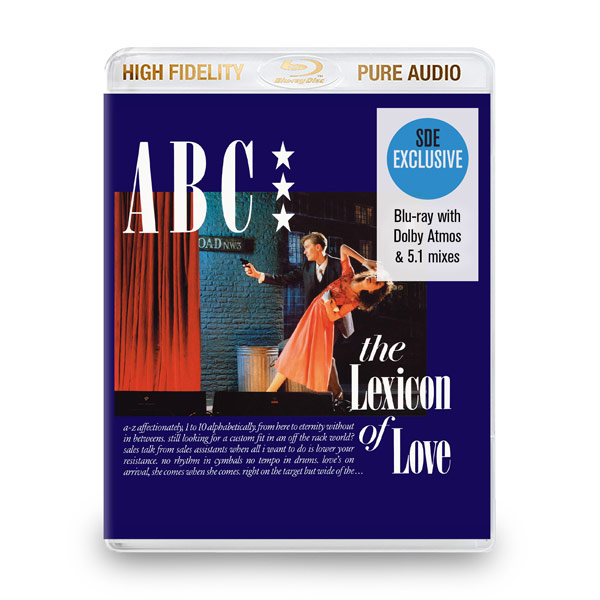
You’ve just released The Lexicon of Love Live in Sheffield and it’s available on coloured vinyl and a couple of different CD deluxe editions.
We wanted to document the gigs and we knew Sheffield was going to be a magical night but I didn’t want to go and record 14 shows and edit it all together and auto tune it and all that [laughs]. I just wanted a mint recording of what we’re about, because the shows have developed well. It’s a great feeling playing in 2022 and 2023, with the Southbank Sinfonia and Anne. And it’s a catalogue of all this stuff, really. It’s a two hour show, because we play The Lexicon of Love in its entirety and then our other hits.
The new Atmos Mix is incredible. Hearing it was like being in the recording session, a unique experience
Martin Fry
You don’t get fed up with playing The Lexicon of Love all the time?
Well, if we go to America, we might only play a couple of songs off it. There’s other songs we’ve had that have been hits; there’s a song called ‘Be Near Me’, which was a big hit for us. People imagine the original version to have been as string-driven as the version we play now, but the live performance now is on steroids, really. It’s a full orchestra, we never had that luxury back in the day. We had bits. Smoke and mirrors, really.
As well as the Live in Sheffield album, The Lexicon of Love is being reissued on vinyl for its 40th anniversary and there’s a new Dolby Atmos version which will be available on blu-ray. I believe you went to Steven Wilson’s house and heard it. What did you think?
I hadn’t heard any of the mixes, but obviously his reputation goes before him. I knew his music and I knew that he was the kind of ‘go to’ guy for Atmos. So I sat in his studio and I tell you, it was so bizarre. It was like sitting in Sarm East, you know, with Gary Langan on one side and Trevor on the other! [laughs]. I know I’m a sad old man with his memories, but it was crystal clear, it was like being inside the recording session. Yeah. And I swear, he played it through in its entirety, and heard things I can’t recall hearing, like some guitar parts. ‘Tears Are Not Enough’ was a real eye-opener, it was incredible. Some of Mark White’s guitar parts were incredible. I guess they got compressed out when the album came out on vinyl. It was really nice, it was a really unique experience.
Thanks to Martin Fry who was talking to Paul Sinclair for SDE.
Pre-order the Dolby Atmos Mix of The Lexicon of Love on the limited edition SDE-exclusive blu-ray audio via the SDE shop using this link or the button below. It’s released on 4 August 2023. Live at Sheffield can be ordered via the LiveHereNow website. Sign-up for the Feb 2024 Tour pre-sale access here.
TECHNICAL NOTES: This blu-ray audio requires a blu-ray player. Decoding the Dolby Atmos mix requires a Dolby Atmos-certified soundbar or a Dolby Atmos-compatible AV Receiver/Amp. The Dolby Atmos mix will ‘fold down’ to 5.1 or stereo if a Dolby Atmos decoder is not detected.
EU SHIPPING NOTES: If you are ordering from the EU please be aware that that goods may be subject to import VAT when they arrive from the UK. The prices the SDE shop charge you do not include VAT
Tracklisting
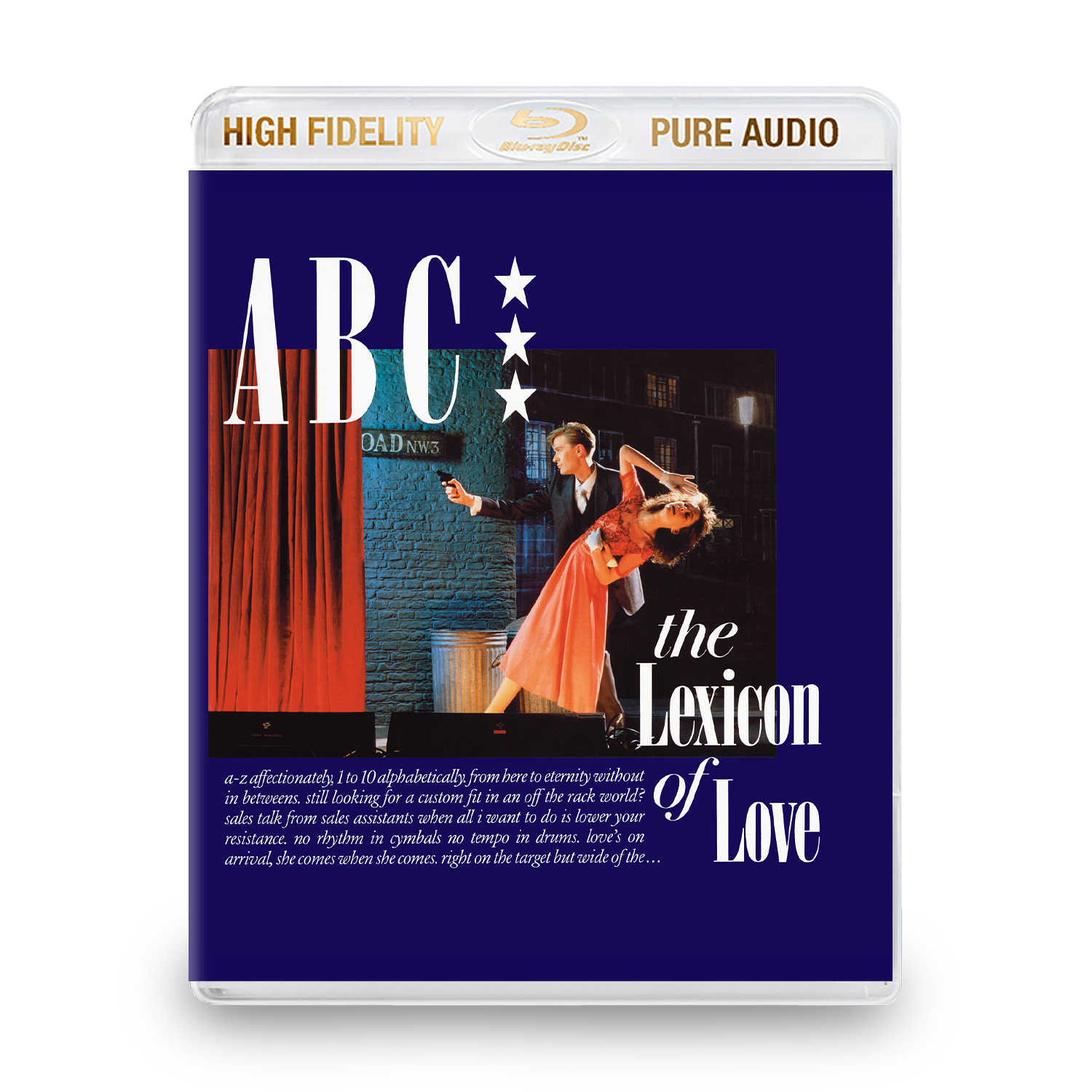
The Lexicon of Love ABC / 40th anniversary
-
-
SDE Blu-ray Audio
The Lexicon of Love in the following audio mixes:
- Steven Wilson Dolby Atmos Mix
- Steven Wilson DTS-HD Master Audio 5.1 mix (96/24)
- Steven Wilson Stereo Mix in hi-res stereo (96/24)
- Steven Wilson Stereo Instrumental mix in hi-res stereo (96/24)
- Original 1982 stereo mix in hi-res stereo (96/24)
The Lexicon of Love
- Show Me
- Poison Arrow
- Many Happy Returns
- Tears Are Not Enough
- Valentine’s Day
- The Look of Love (Part One)
- Date Stamp
- All of My Heart
- 4 Ever 2 Gether
- The Look of Love (Part Four)
-
SDE Blu-ray Audio

 Interview
Interview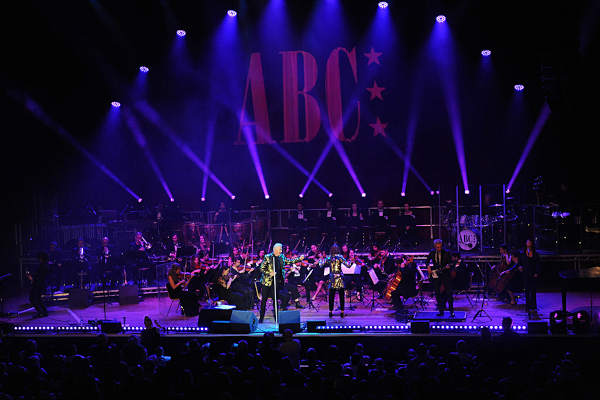
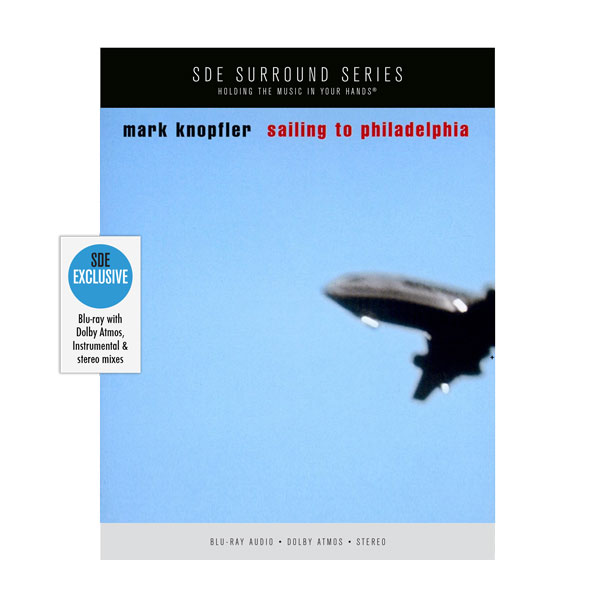
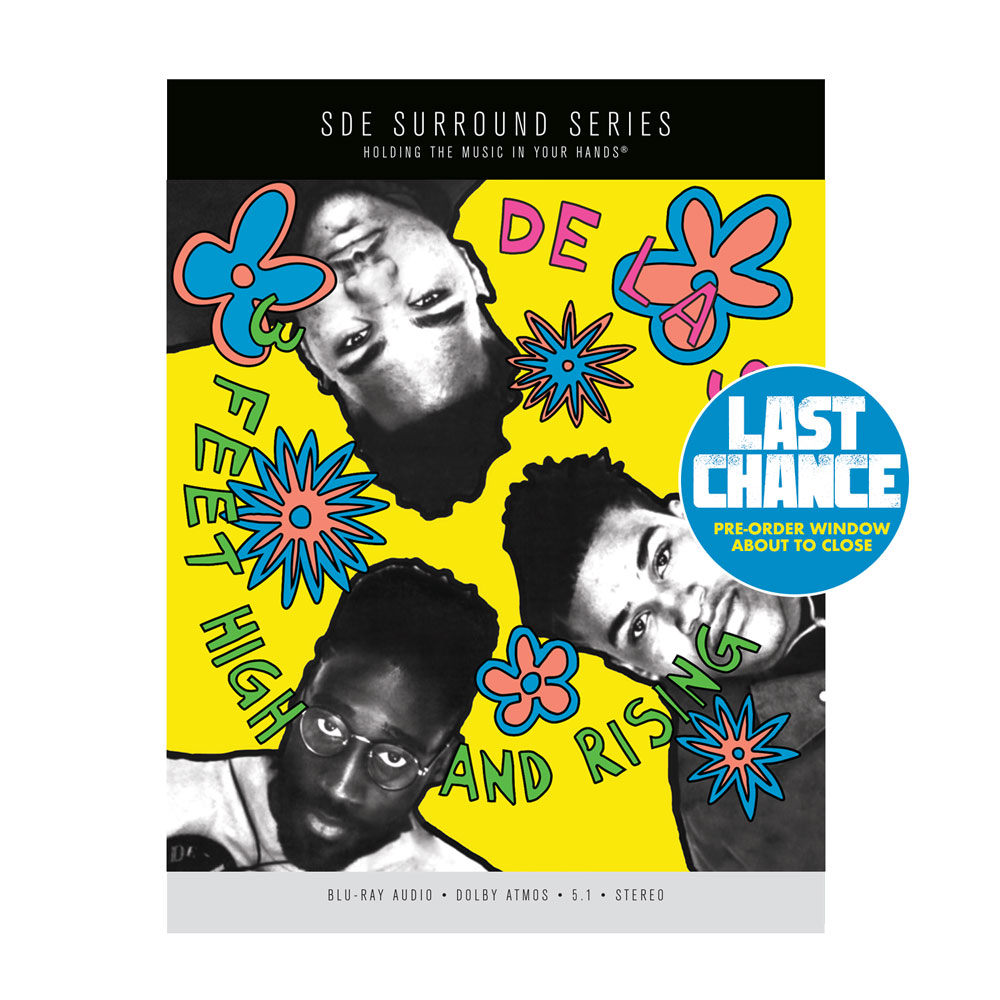
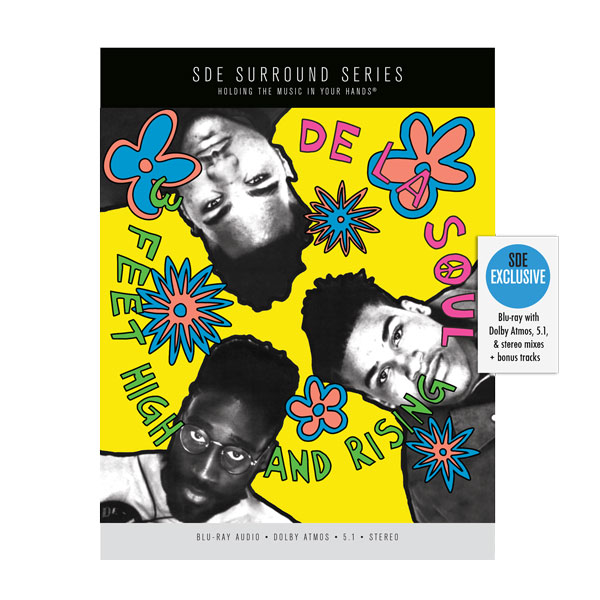
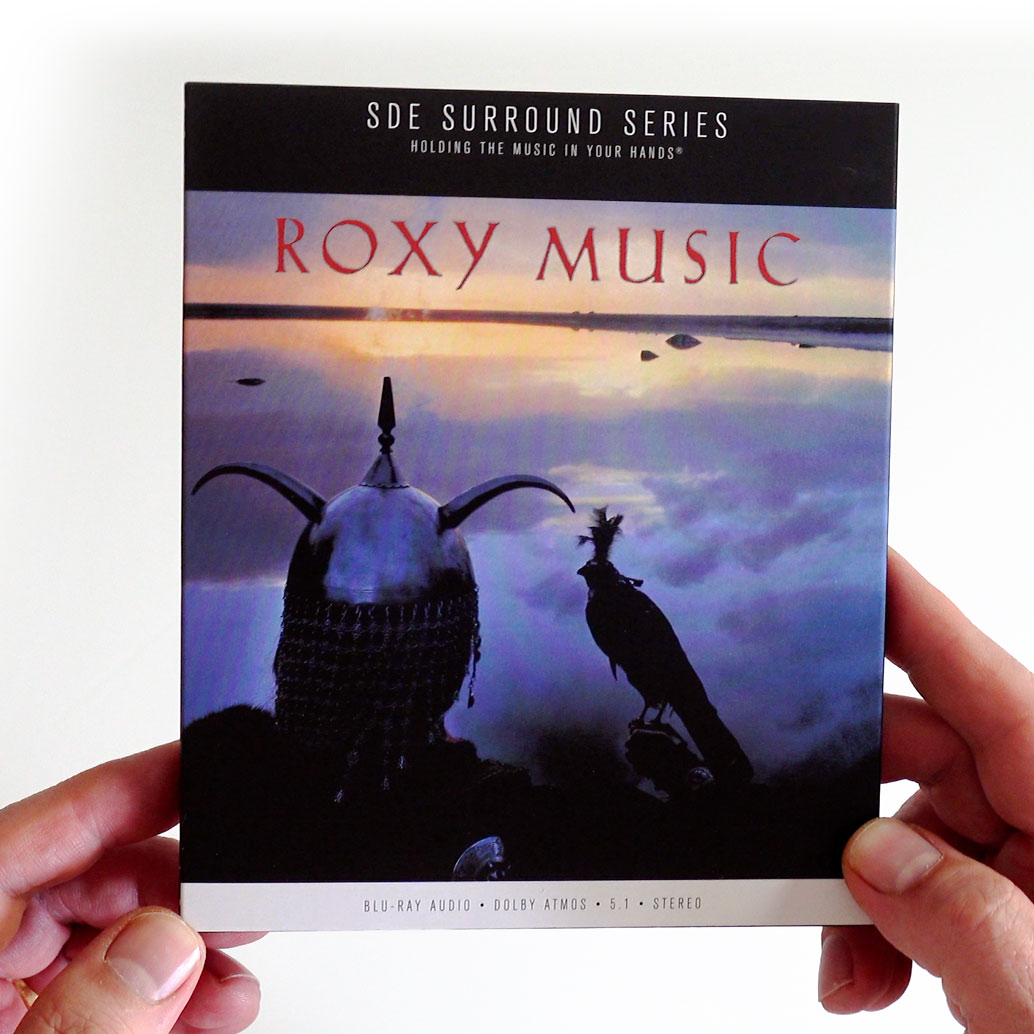
 SDEtv
SDEtv
By Paul Sinclair
50